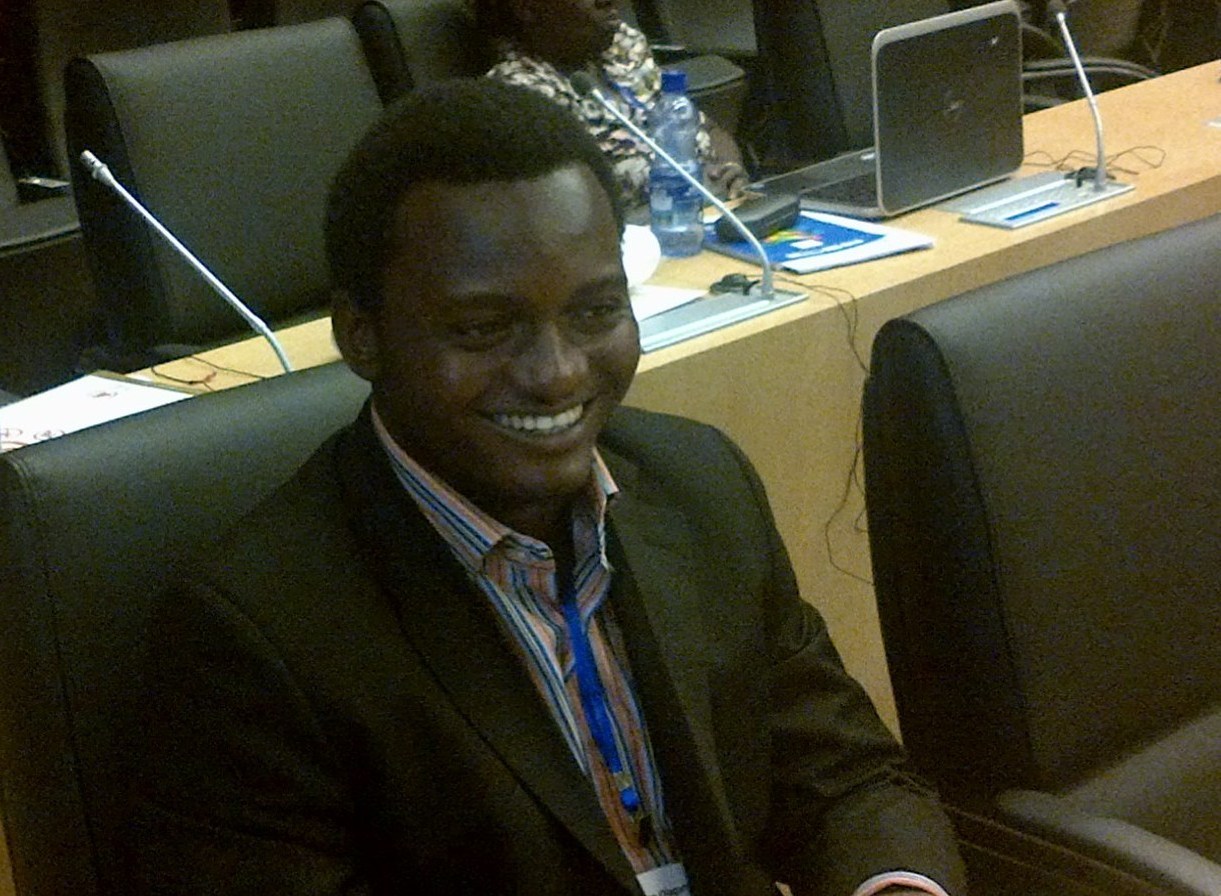If there is one essential process, that if adopted across the nations of Africa, could make a difference to the future of the continents children; it is that improving child health must be an essential component of African sustainable development. Many low and middle income countries will continue miss out on real, sustainable growth as long as the number of children who die due to preventable disease continues to remain high.
Without intensification of efforts to improve opportunities for children post 2015, morbidity and infant mortality will thwart outcomes on a global scale. Any attempt to build a future where children survive and thrive will remain out of reach unless we are mindful of the fact that children survive and thrive when pregnancies are wanted, healthy and mothers and babies are adequately protected.
To build a future where children survive and thrive, we need to focus on early intervention – a cost effective approach. The early years represent a key developmental stage in the life of each child, and a focus on total wellbweing should receive that much needed early attention.
We know that rapid development of behaviours and emotions occur at a young age, so any health or psychological problem unattended to in early stages of development can result in long time effects throughout life. Under supervision and attention, problems that arise in early childhood can be addressed before they become more problematic.
A lot has been done to reduce global child poverty, but a lot more needs to be attended to on the post 2015 agenda, especially if Africa’s children are to keep up with their global peers. The wellbeing of a child is the priority of most parents and caregivers, when they are unable to provide the basic necessities, particularly in the early years, the child will suffer. Poverty is a chain reaction with multiplier effect.
Reducing poverty and ensuring that essential amenities like food, water and shelter are readily available must be top priority.
Young children are always worst effected in the wake of violence, war or disease. In light of this, governments must ensure that essentials required to keep a child in good health are available across the continent. In Syria today, 70,316 children have been born as refugees into the conflict. Starting out life in a war zone has huge ramifications for the health and well being of a child, particularly of physical and psychological development in the early years. The global community must encourage and embrace peace and solutions orientated responses to conflict.
Ending preventable causes of death should also be a top priority on the post 2015 agenda; this will require paying more attention, amongst other things, to immunization and nutrition. In cases where immunization has been made available, but religious or societal norms are reducing their effectiveness, a culturally inclusive method should be considered to ensure that provisions are well utilized for the sole aim of protecting African children.
As for education, any society that abandons child education has gravely reduced the size and prosperity to which a nation and its economy can grow. It is an almost a certain way to guarantee a less productive future A country that lacks proper education and healthcare sytems, and where children and unable to survive and thrive, are consciously throwing away chances for a better future.
An unprecedented increase in Africa’s child population has been projected. A recent UNICEF report shows that Africa will be home to 2 out of every 5 global children by 2015. In the next 35 years approximately two billion babies will be born in Africa. These numbers would roughly double Africa’s youth population.
Looking forward, although survival rates of children have improved in Africa, statistically Africa is still responsible for half of child deaths globally should inspire grave concern, particularly if the continent is keen on harnessing the full potential of its demographic transition.
In the post 2015 agenda, more countries need adopt child friendly policies. Commitment and compassion for child wellbeing is all that counts. Countries like Rwanda and Malawi may have low GDPs but results show that they fare better in terms of maternal and newborn health than other richer African nations. Surely there are lessons to be learnt from our neighbours.
***Lanre Olagunju is an hydrologist turned freelance journalist. An alumnus of the American College of Journalism, Lanre advocates on several international platforms for the prosperity and absolute well-being of the African continent. He's @Lanre_Olagunju on Twitter.



